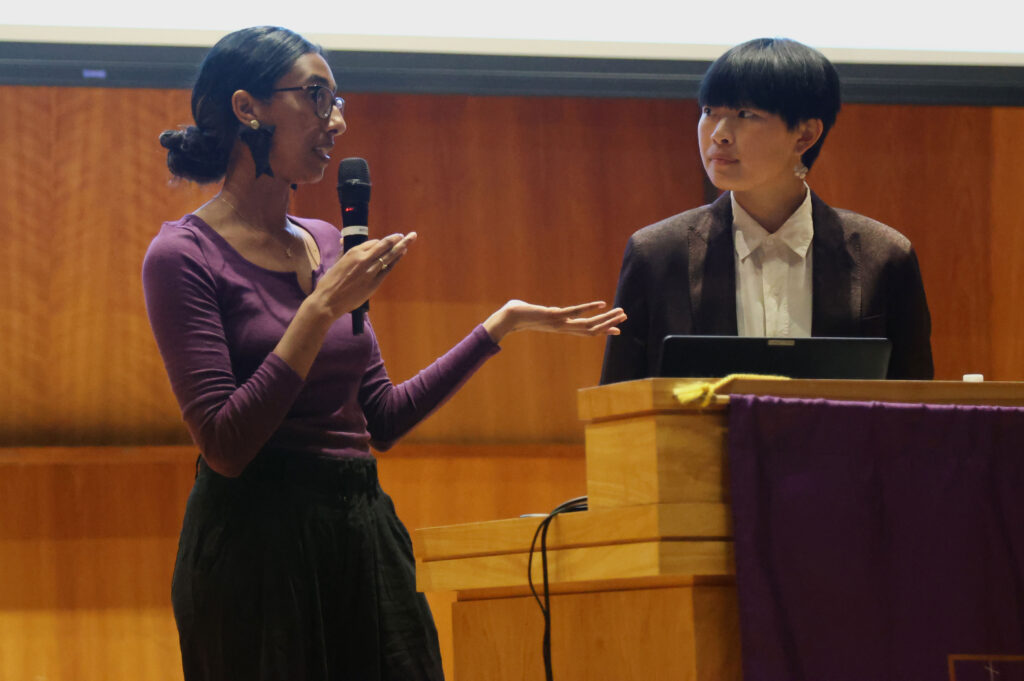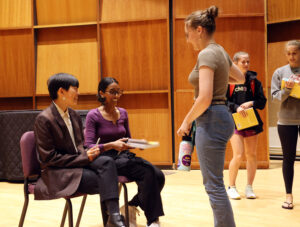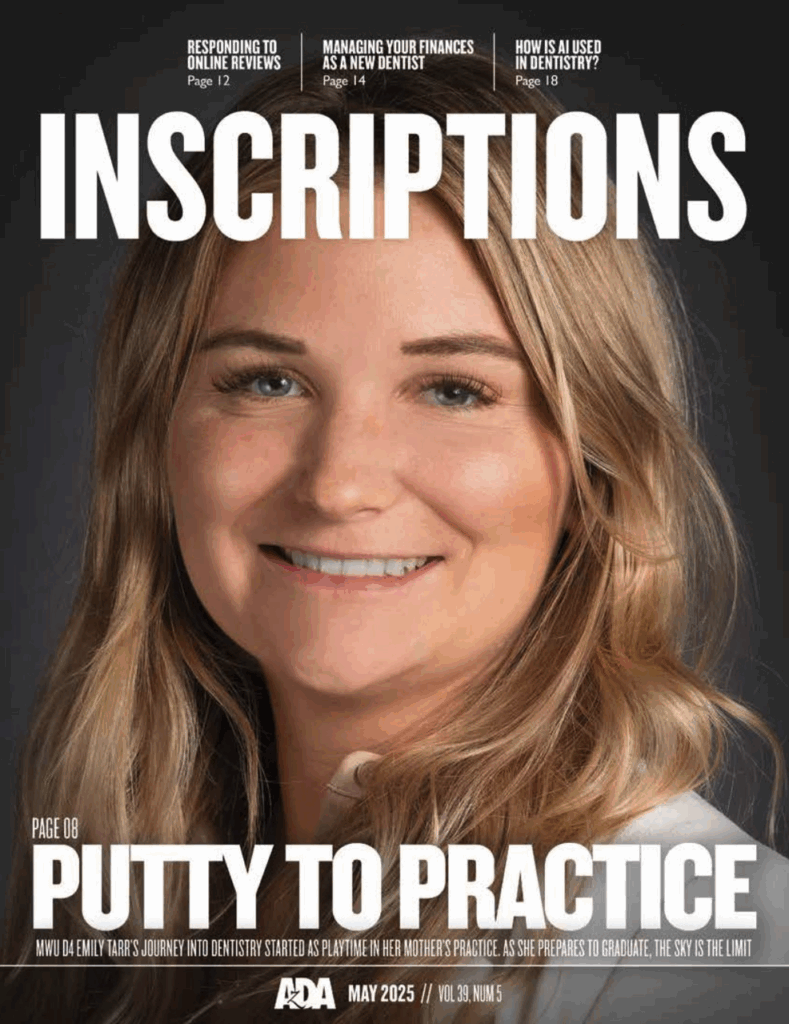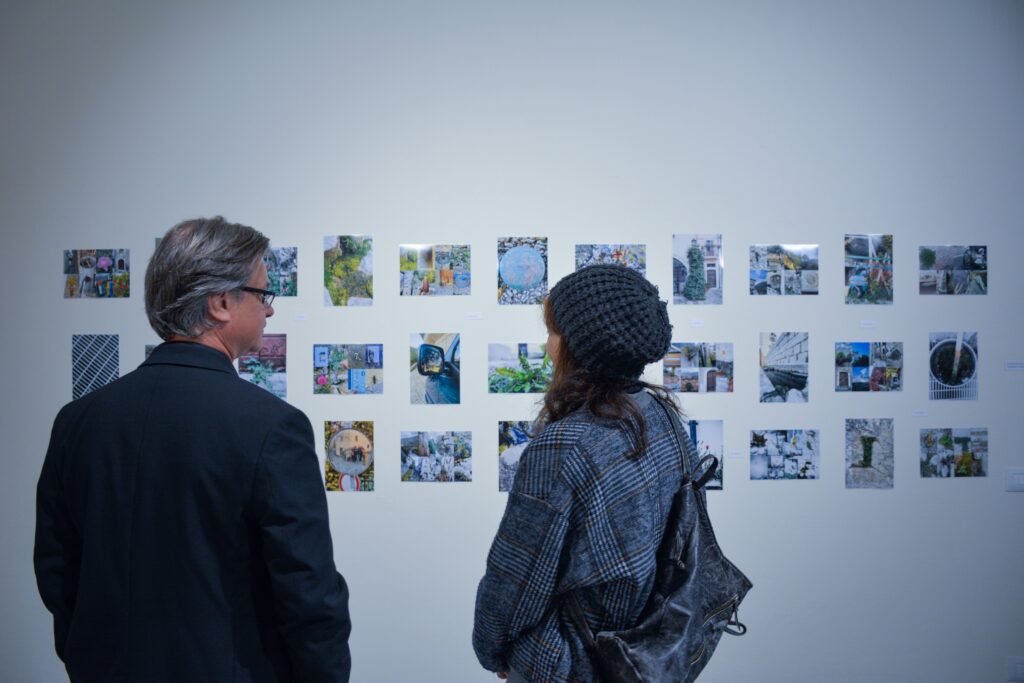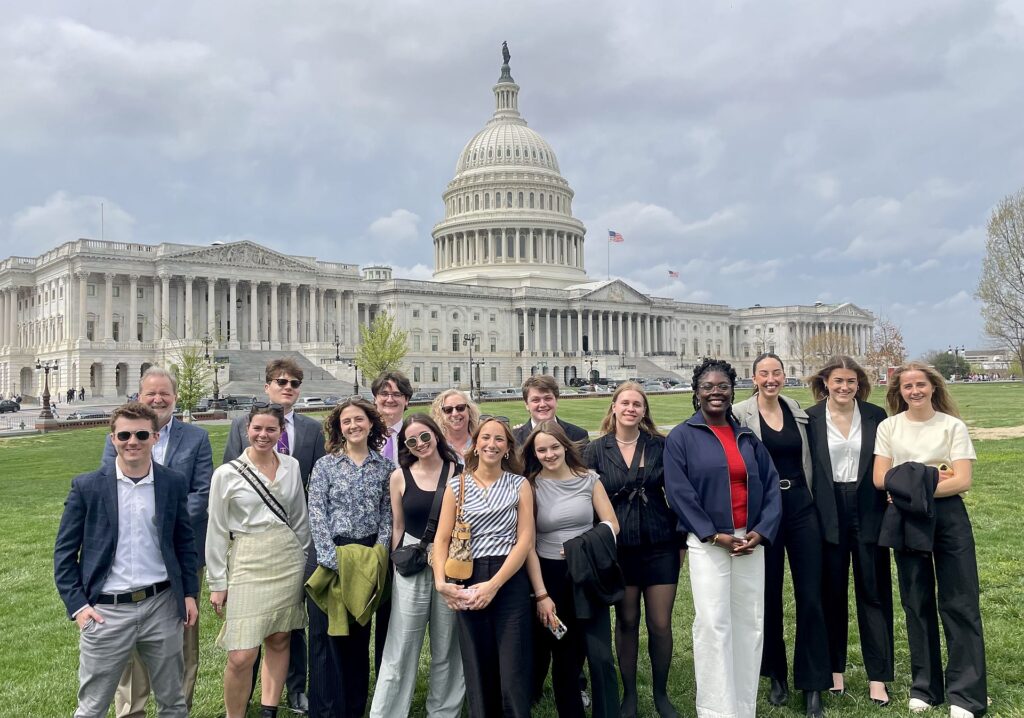On August 30, authors Winona Guo and Priya Vulchi gave a talk on their book, “Tell Me Who You Are: A Roadmap for Cultivating Cultural Literacy. Sharing Our Stories of Race, Culture, & Identity” in McCArthy Recital Hall. During the first week of classes, students and faculty have been discussing “Tell Me Who You Are” in first-year seminar classes.
In high school, the authors realized that they were not being taught about race and racism, so they decided to create a toolkit for teachers and students. They began by interviewing people in their community about how race impacted their lives and added data and research to close the heart and mind gap by creating bridges between the personal stories and hard data about systemic racism. They then created a booklet and a curriculum that addresses each of the obstacles that came up in the interviews.
As buzz around the project grew, Winona and Priya decided to expand the book by adding interviews with people in each of the 50 states. They took a gap year to travel the country and gather more stories. “Tell Me Who You Are” captures that journey and some of the stories that were shared with them.
Priya and Winona also founded a nonprofit that provides education and tools for incorporating teaching about race and racism into the curriculum. Because people begin to form their biases early in life, the tools in the book are primarily for students in grades K-12. Their talk this week included a short video with clips from their journey, which illustrated the close friendship the two have – a bond that helped them persevere, even as friends and family tried to convince them to work on the project after college.
Several first-year student volunteers come to the stage to read from ten guidelines in the book for how to approach talking about race and racism. These are:
- Do research ahead of time.
- Don’t make assumptions.
- Challenge yourself to be vulnerable and uncomfortable, but respect others’ decisions not to engage.
- Ask open questions. Practice radical listening.
- Speak your truth.
- Acknowledge your positionality and privilege.
- Affirm rather than invalidate experiences.
- Place personal experience in systemic context.
- Call in rather than call out. Check in rather than check out.
- Focus on solutions
The talk was followed by a Q & A moderated by Professor Peter Vantine, Director of the First-Year Seminar Program, Chair of the Classical and Modern Languages & Literatures, and Associate Professor of French.
“We’re always thrilled when we can bring the author (or, this year, co-authors) of our FYS Common Text to campus to speak directly with students and provide them with a unique opportunity to ask the author questions about their book, their work, and their lives,” he said. “This year, with Winona Guo and Priya Vulchi, I hope students were inspired by hearing about and seeing the powerful example of two individuals from their generation who have undertaken an incredible educational journey together in order to also educate others by amplifying a diverse range of stories and voices from around the country, along with the context necessary to better understand those stories.”

For all press inquiries contact Elizabeth Murray, Associate Director of Communications at Saint Michael's College.
